Today, there are interesting updates from the Lyman direction.
Here, the Russian frustration grows bigger with every day due to the lack of advances, shortage of supplies, and a disastrous kill-to-loss ratio. This has forced Russian commanders to order even more desperate attacks with Russian soldiers being turned into unintentional suicide bombers by essentially carrying explosive vests with them during assaults.
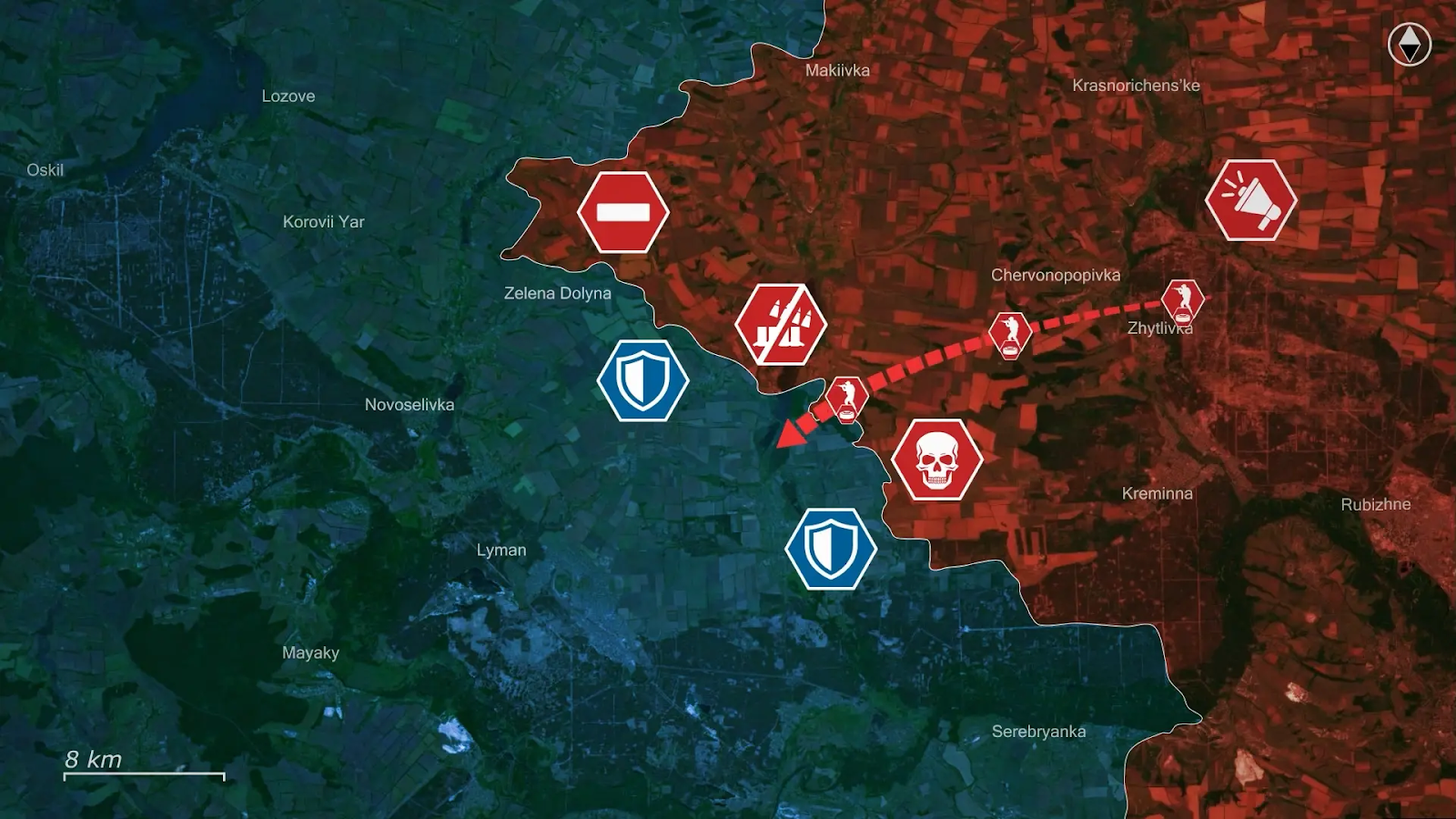
In the Lyman direction, Russian forces have found themselves hopelessly stuck, unable to advance despite relentless infantry assaults. The repeated frontal attacks have become disastrously costly, leading to massive casualties at unprecedented rates. In addition, frontline Russian units are starved of supplies, making it impossible to sustain effective combat operations.
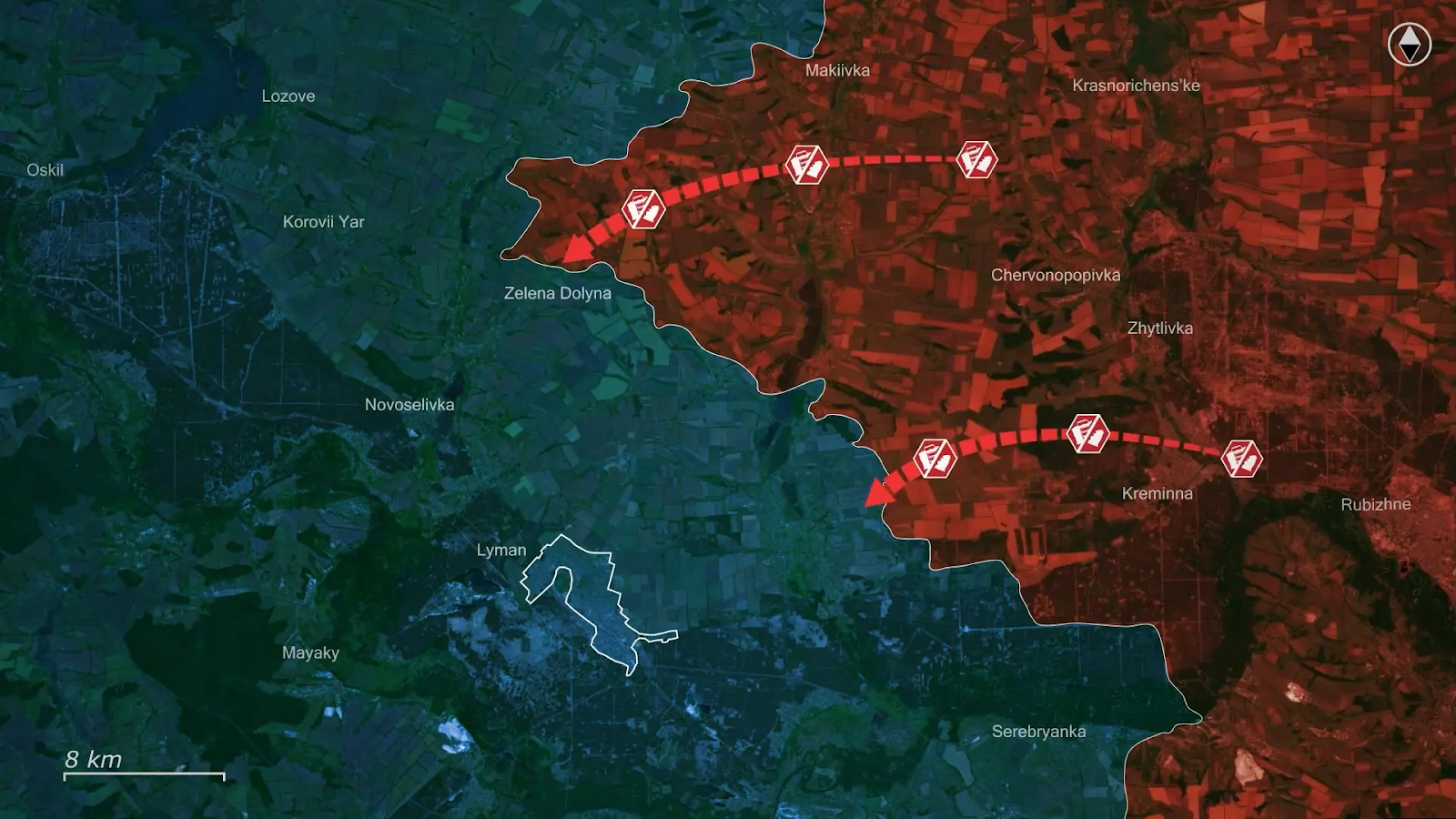
In multiple engagements, Ukrainian drone operators have observed Russian soldiers being sent forward carrying individual mortar rounds to deliver to mortar crews on their way to the front, a desperate measure indicating a total logistical breakdown and highlighting the grim conditions Russian troops face in this sector.
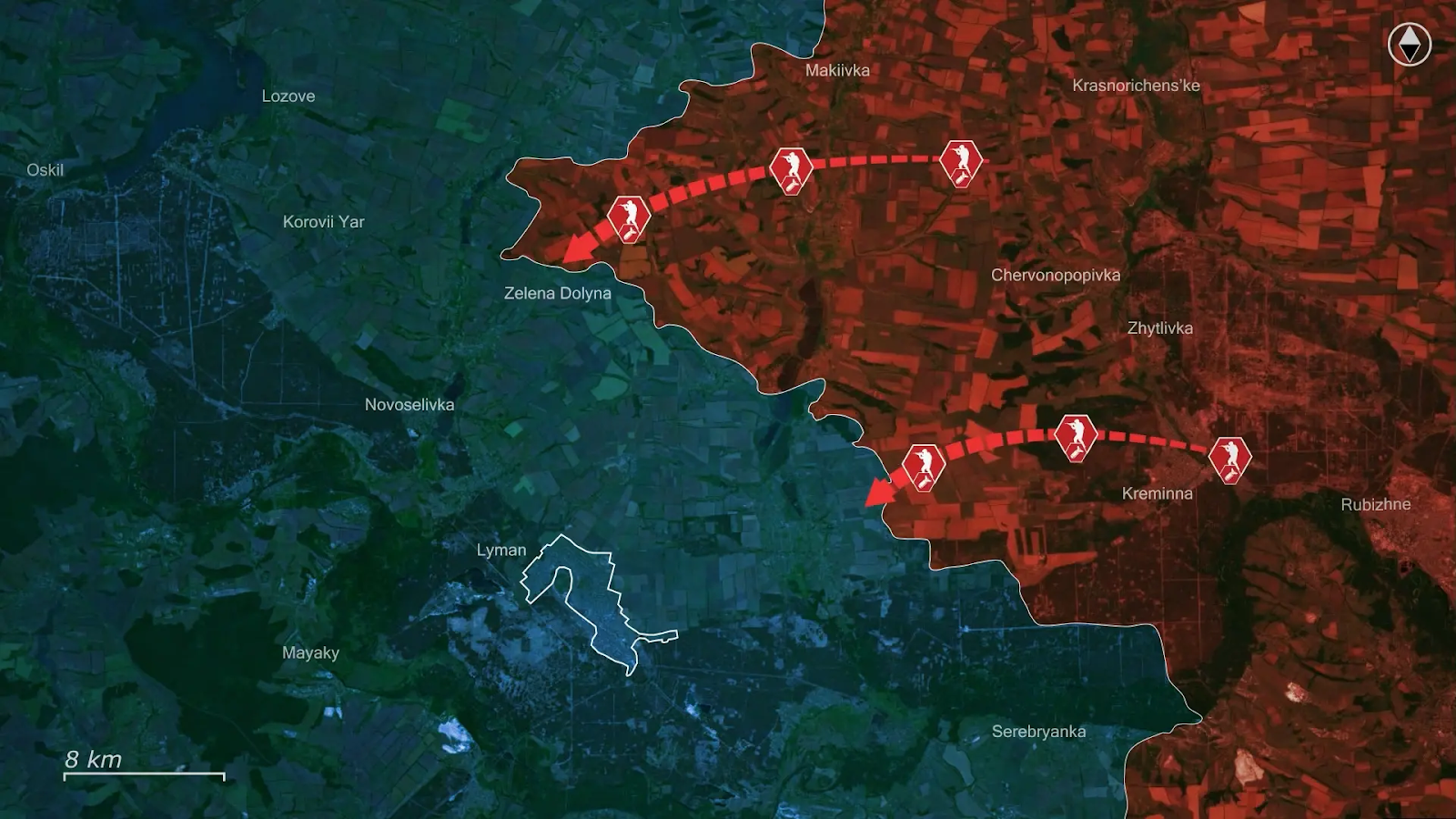
Geolocated video evidence has extensively documented how Russian forces continually get bogged down in front of Ukrainian defenses, immobilized by dense minefields, carefully placed caltrops, and relentless drone strikes. Ukrainian drone operators from the 63rd Mechanized Brigade have become exceptionally proficient at hunting down and neutralizing isolated Russian assault groups at night with one crew eliminating 23 enemy soldiers in one night.
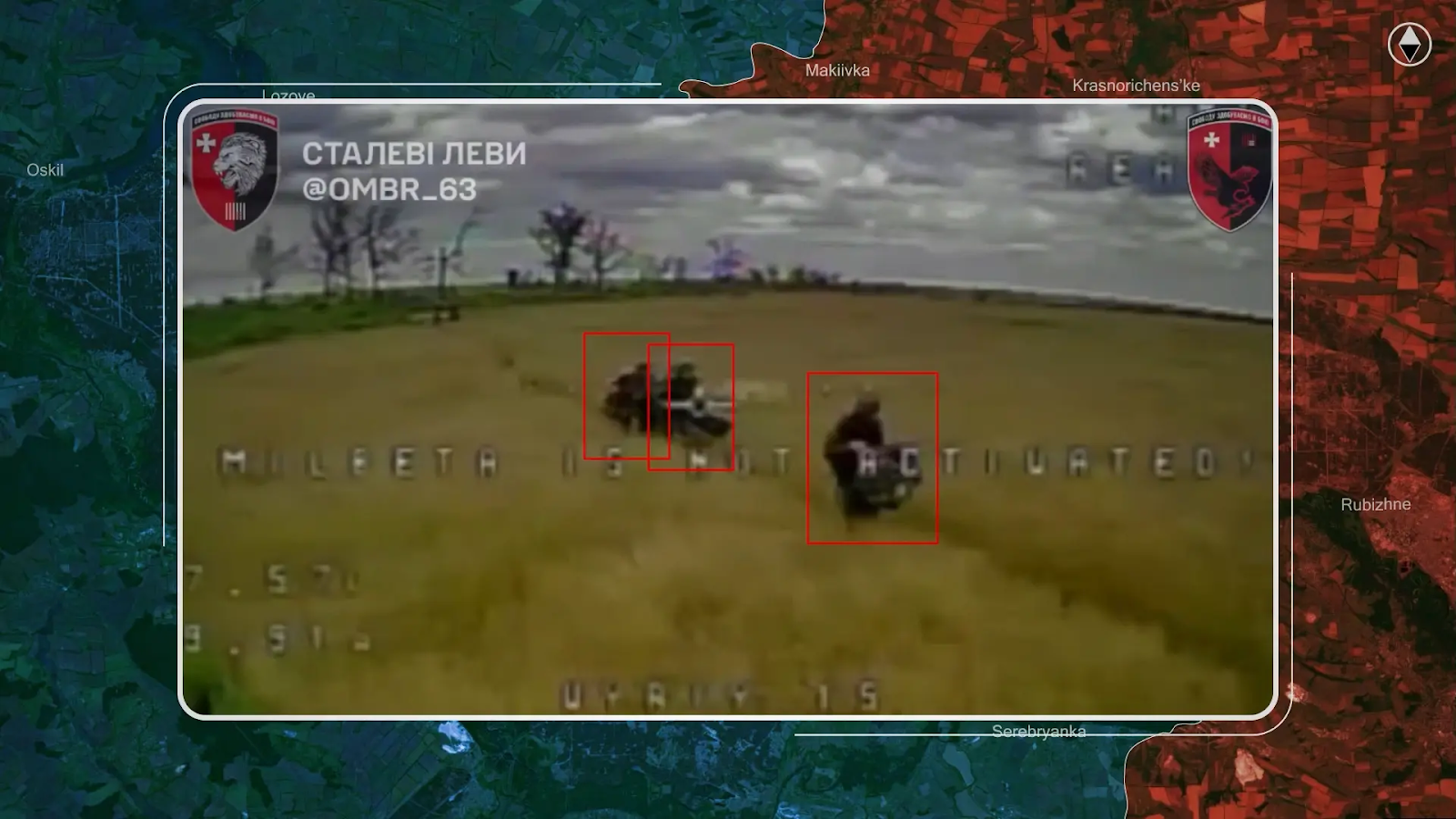
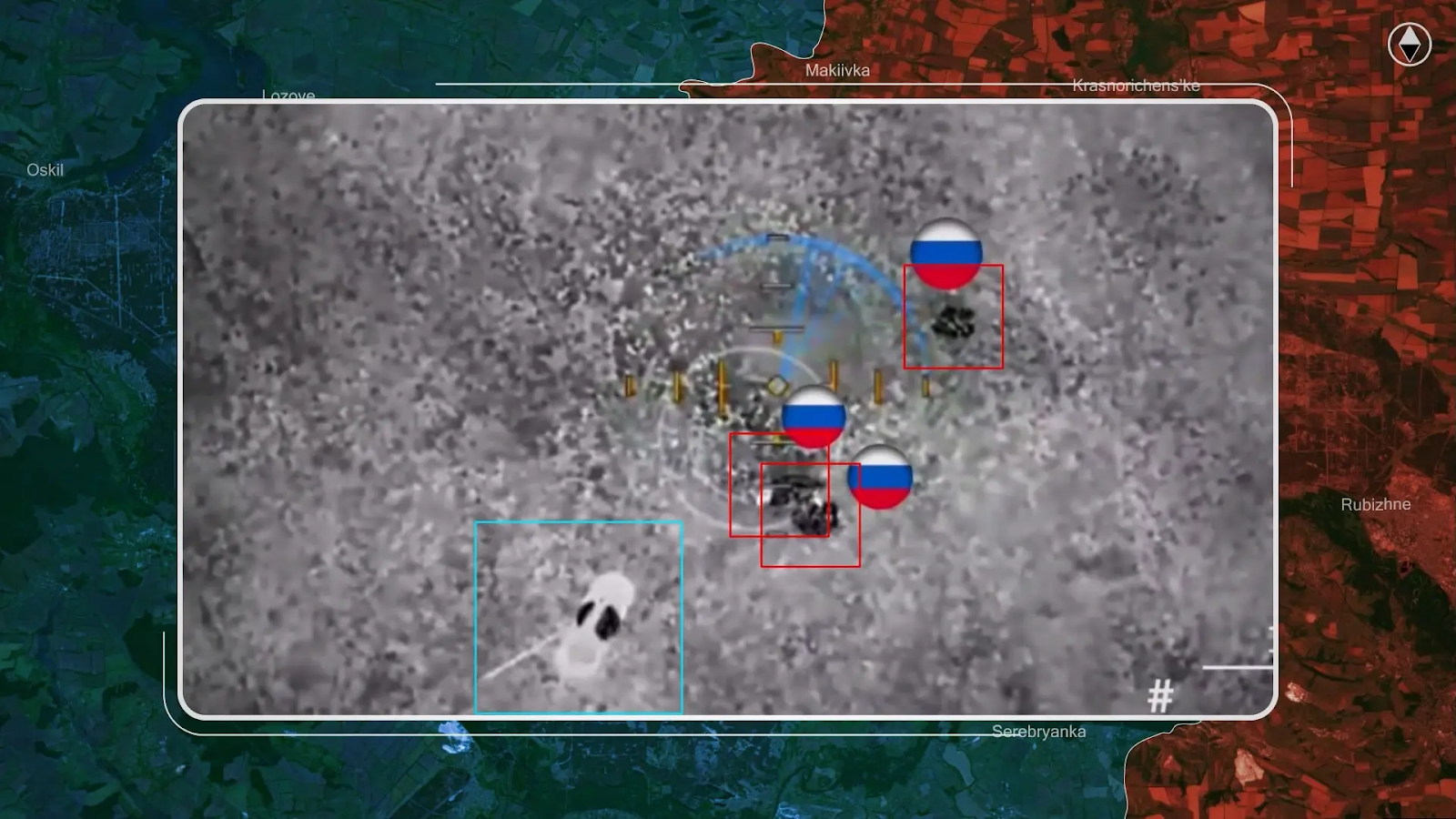
Whenever Russian troops manage to briefly occupy new positions, swift Ukrainian counterattacks and drone bombardments immediately push them back or eliminate them. This cycle of attrition leaves Russian infantry units trapped in a futile loop of unsuccessful and deadly assaults.
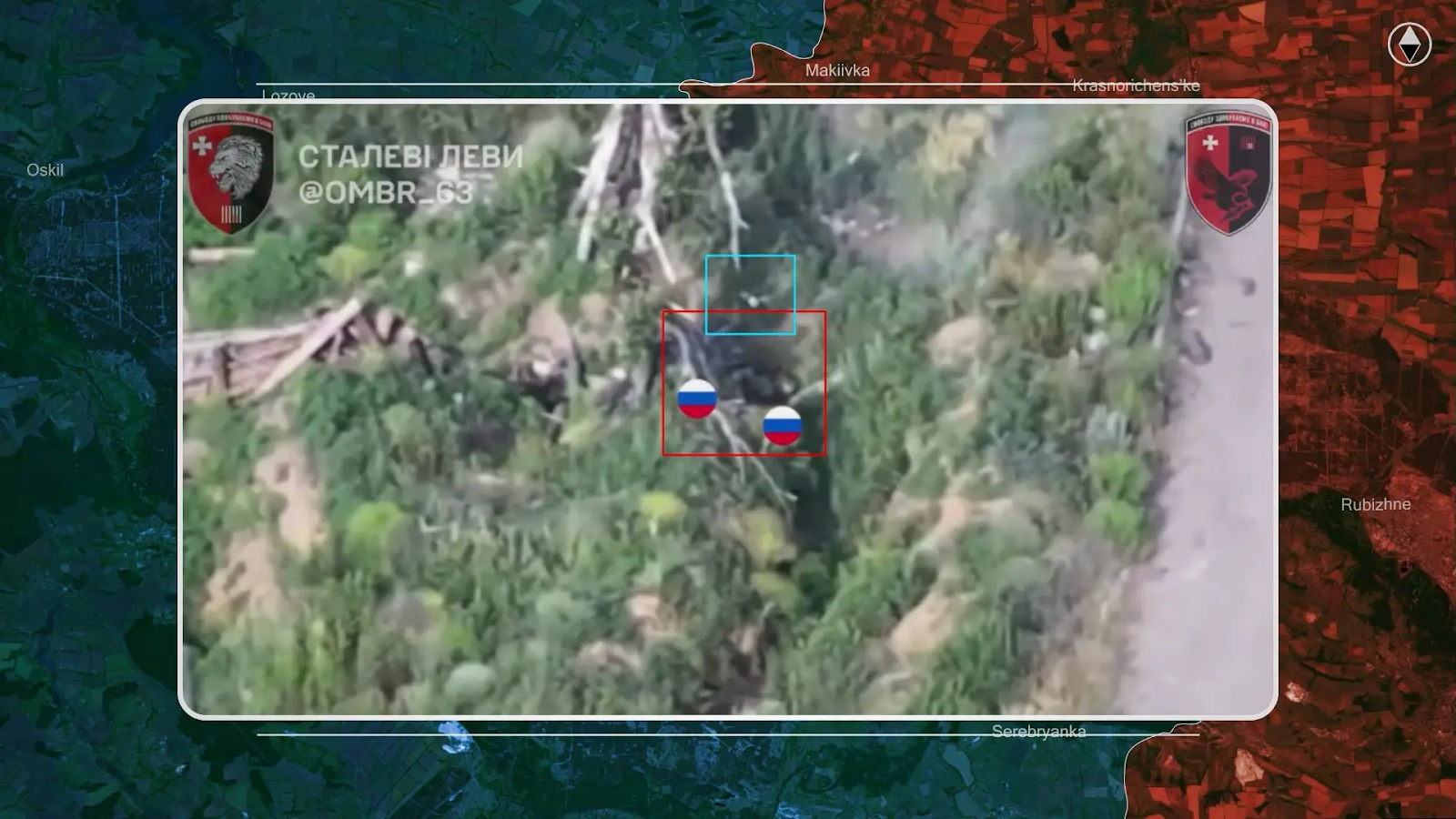
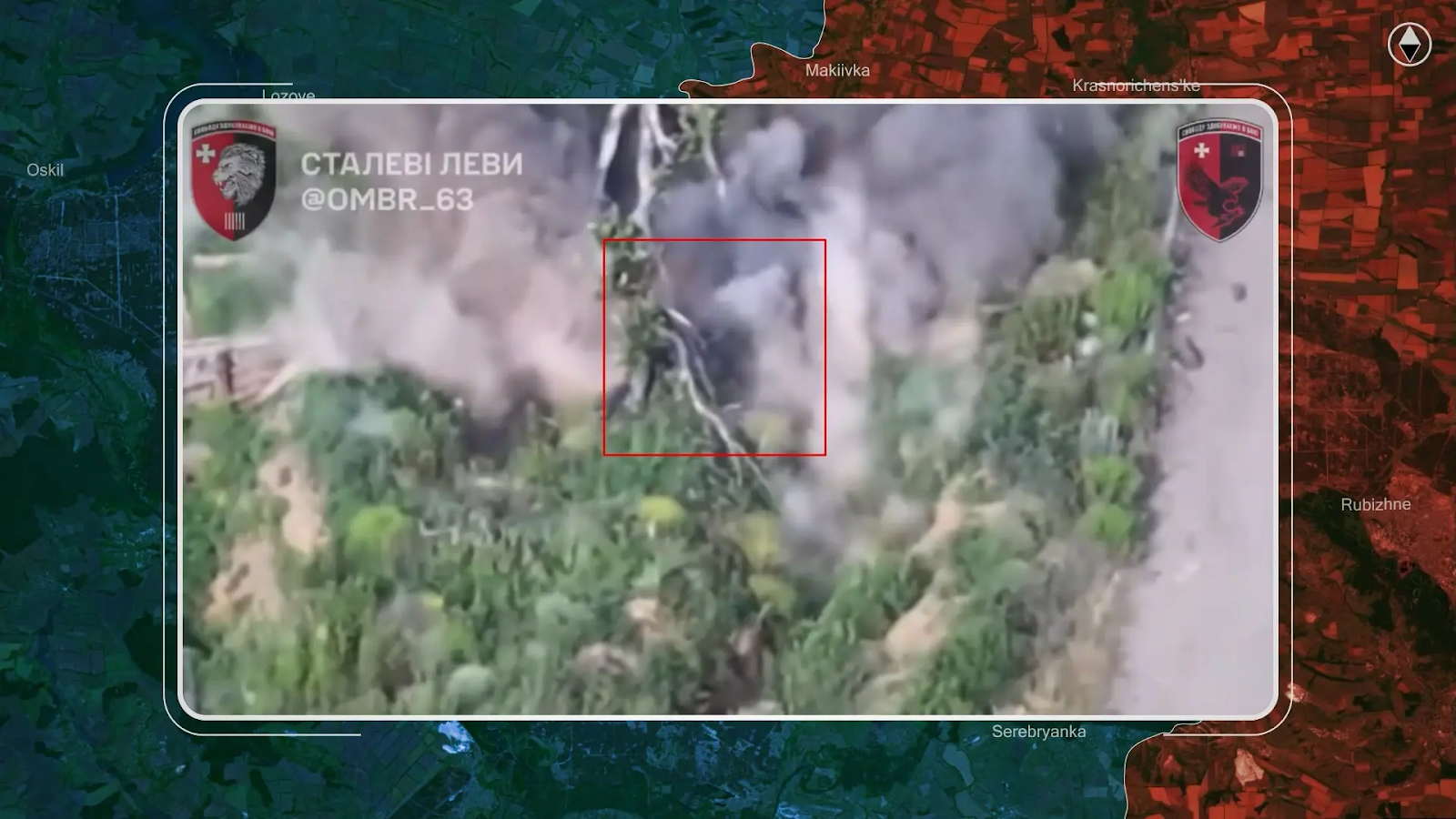
This extreme frustration has led Russian commanders and soldiers to adopt increasingly desperate and reckless methods. One striking phenomenon captured repeatedly in battlefield footage is the unintended emergence of kamikaze-like Russian soldiers. In a released video, a Russian soldier was running to assault Ukrainian positions with a grenade in his hand, but when Ukrainian troops met him with heavy fire, he began to retreat, fell on his grenade, and blew himself up.
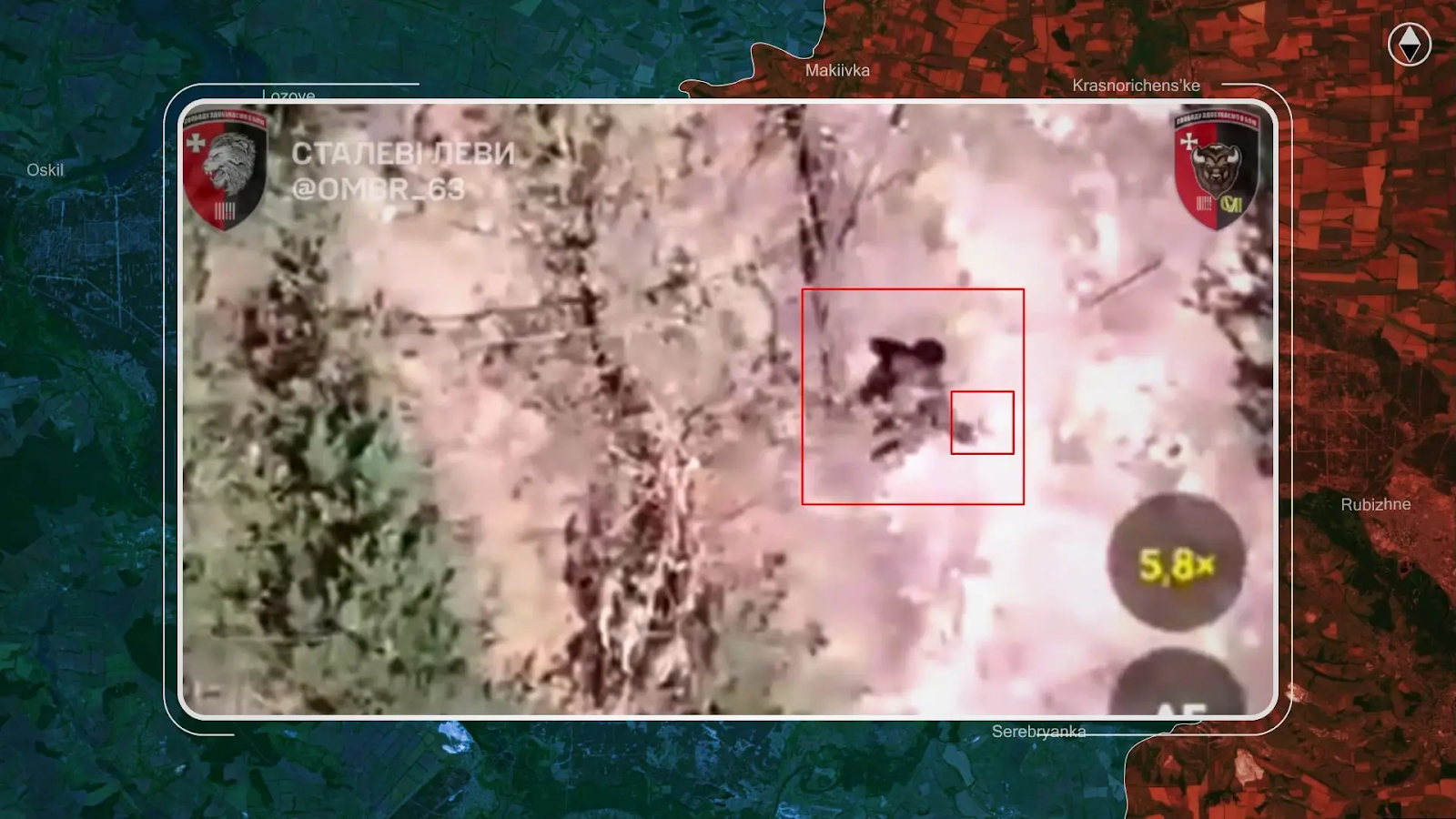
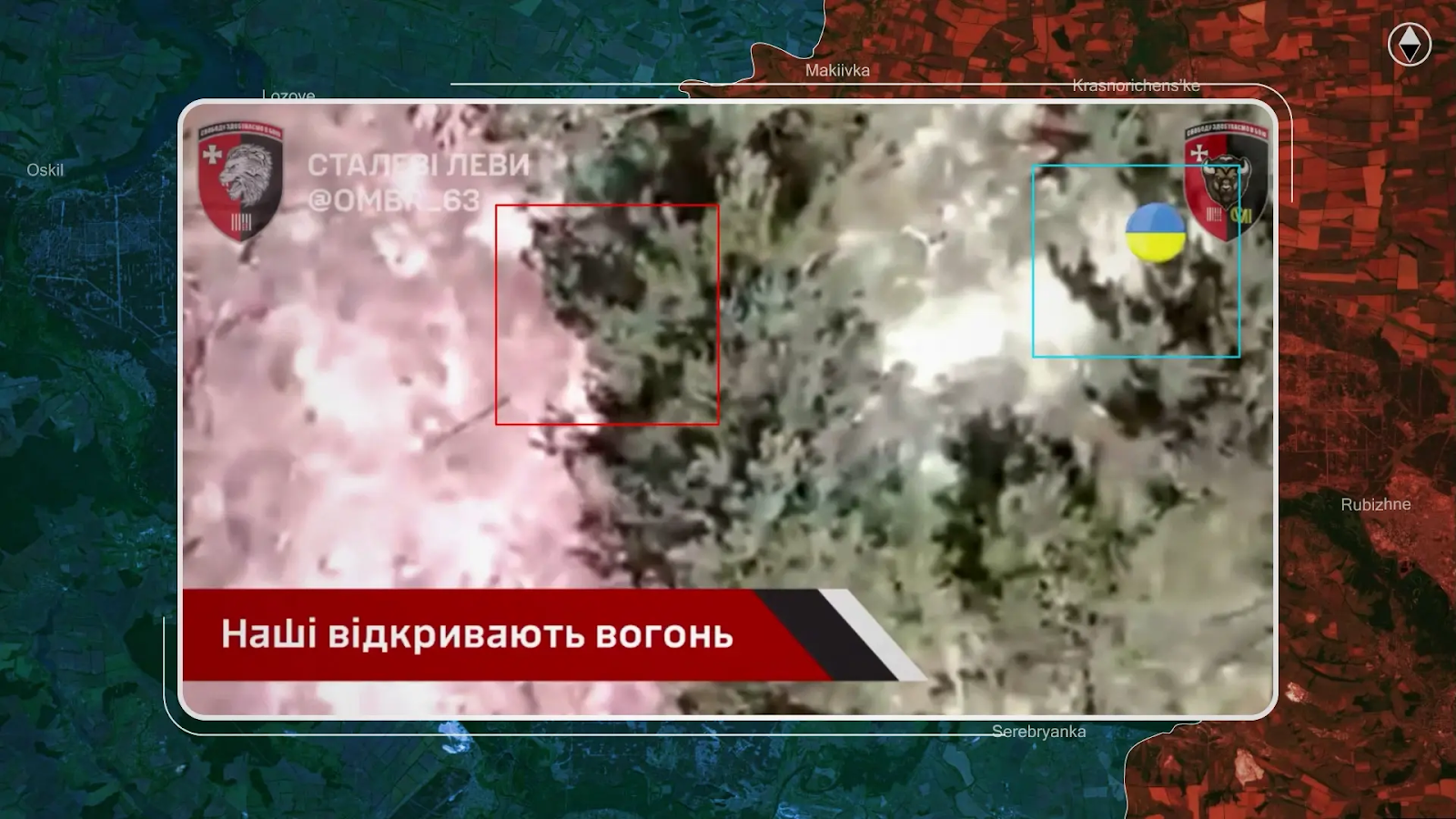
Instead of reconsidering their reckless tactics, the Russian command doubled down on the idea. Soldiers were soon seen wearing specially designed vests meant to carry anti-tank mines, intended as a practical way to carry mines to the front, and quickly deploy explosives upon reaching Ukrainian positions, allowing troops to remain armed while carrying the mines.
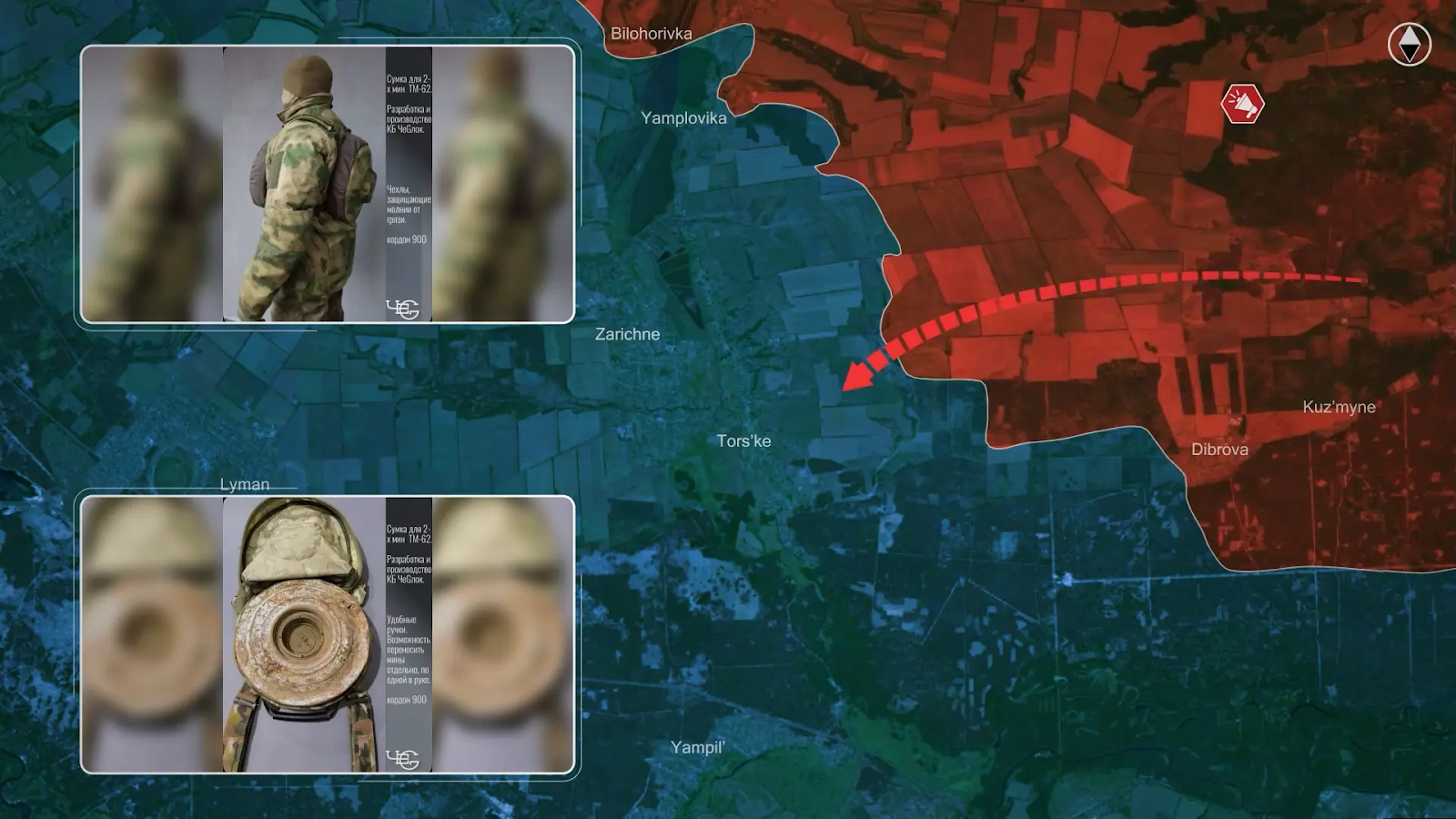
However, these vests turned into deadly traps, as when these mine-carrying soldiers are hit by Ukrainian fire, their vests detonate, instantly killing the wearer and any comrades nearby. Though not intended as literal suicide vests, the practical outcome has ironically turned Russian soldiers into unintentional suicide bombers, grim evidence of the extreme desperation gripping the Russian frontlines.
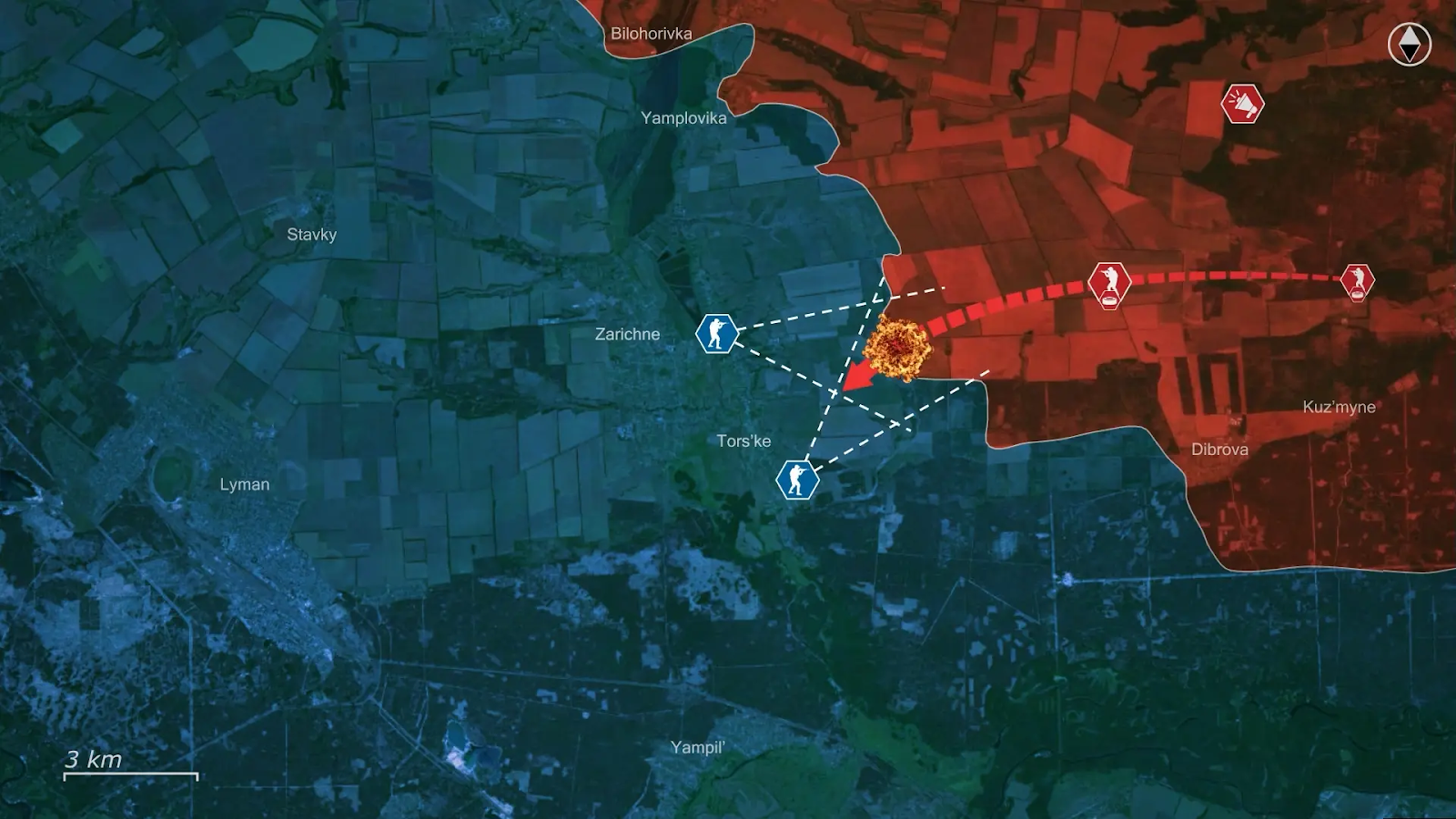
Beyond battlefield absurdity, this sense of desperation has manifested in horrific violence against Ukrainian civilians as well. Recent footage from the village of Torske captured Russian troops cruelly shooting a civilian riding a bicycle, a clear and disturbing war crime. While desperation offers context, it certainly provides no justification for such barbaric and needless violence. Unfortunately, such incidents have been systematically documented across multiple sectors of the frontline, revealing a broader pattern of brutality and indiscipline among Russian forces.
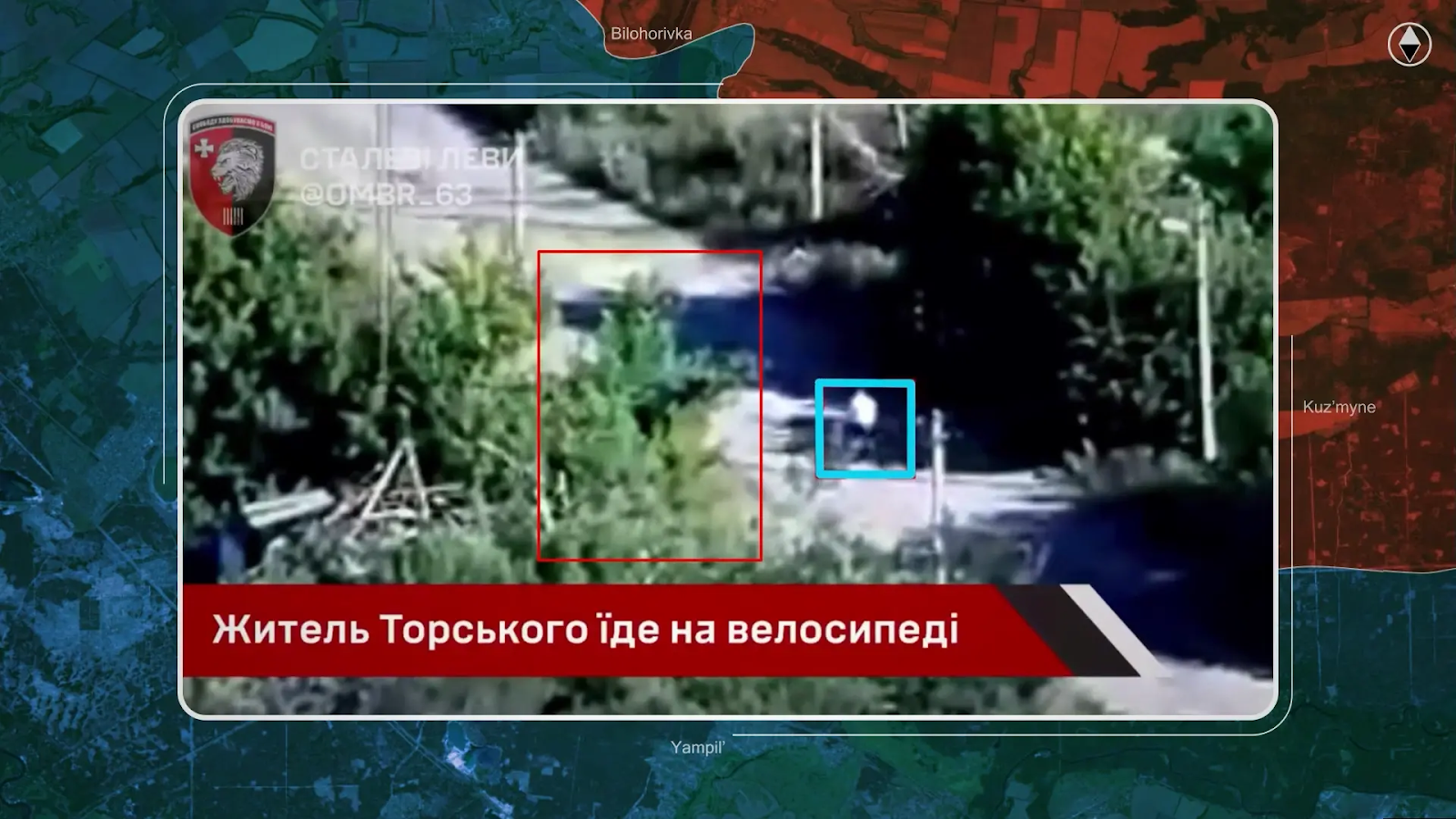
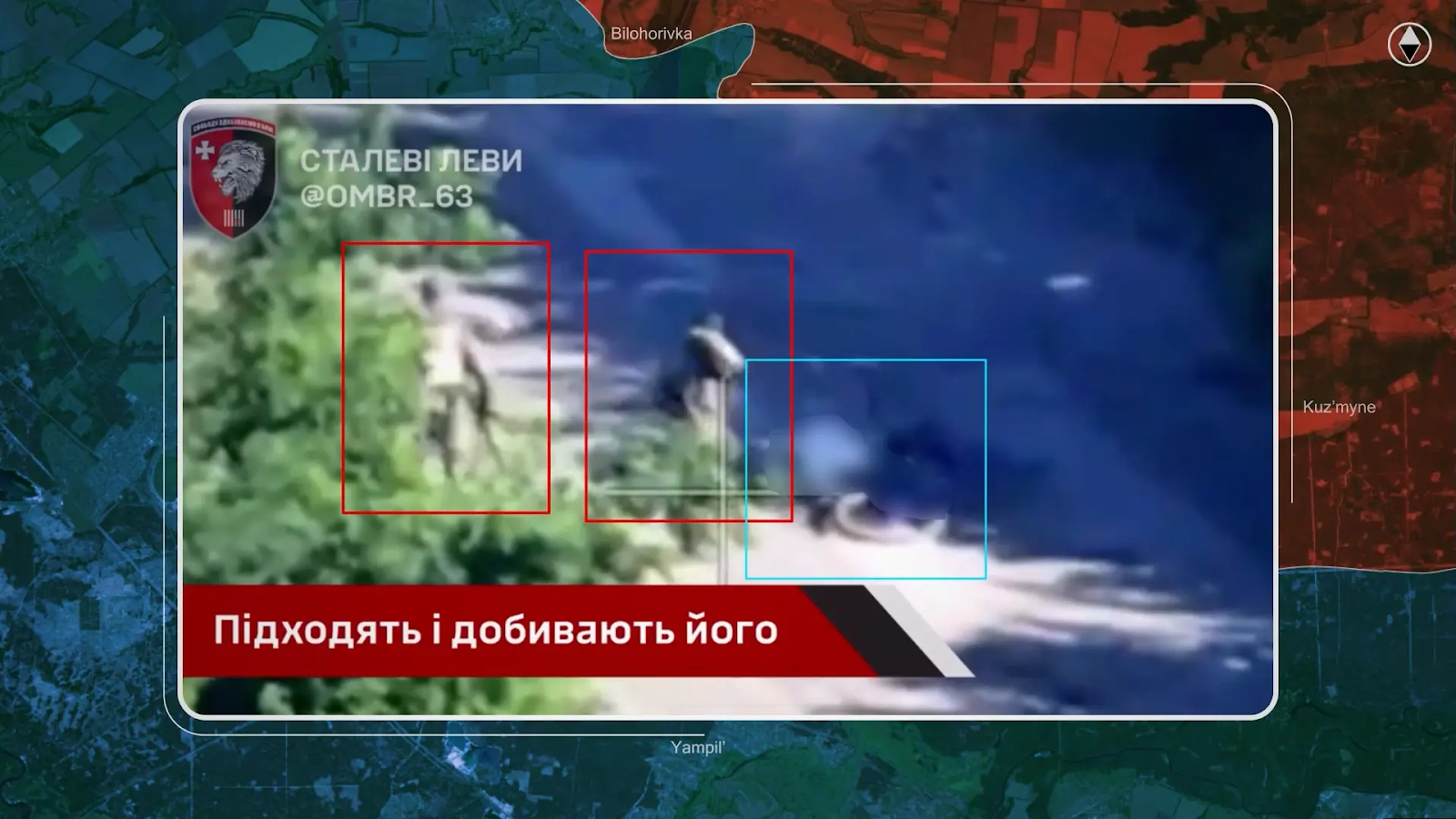
However, Ukrainian drone operators and artillery teams swiftly respond to such atrocities. After observing the killing of the civilian on his bicycle in Torske, Ukrainians methodically tracked down and eliminated the Russian soldiers responsible, delivering some measure of justice and demonstrating Ukraine's resolve in protecting and defending their civilians’ lives.
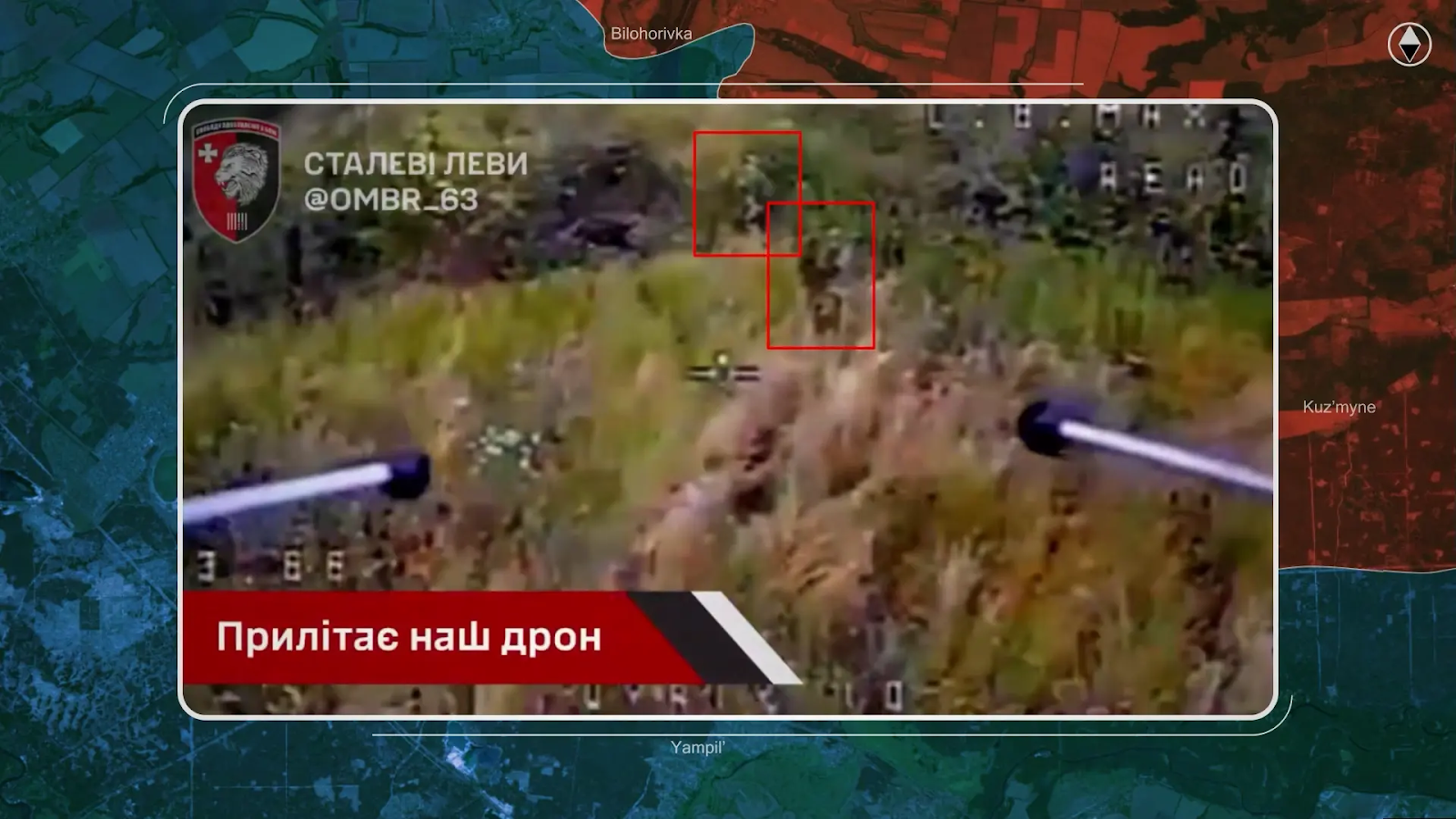
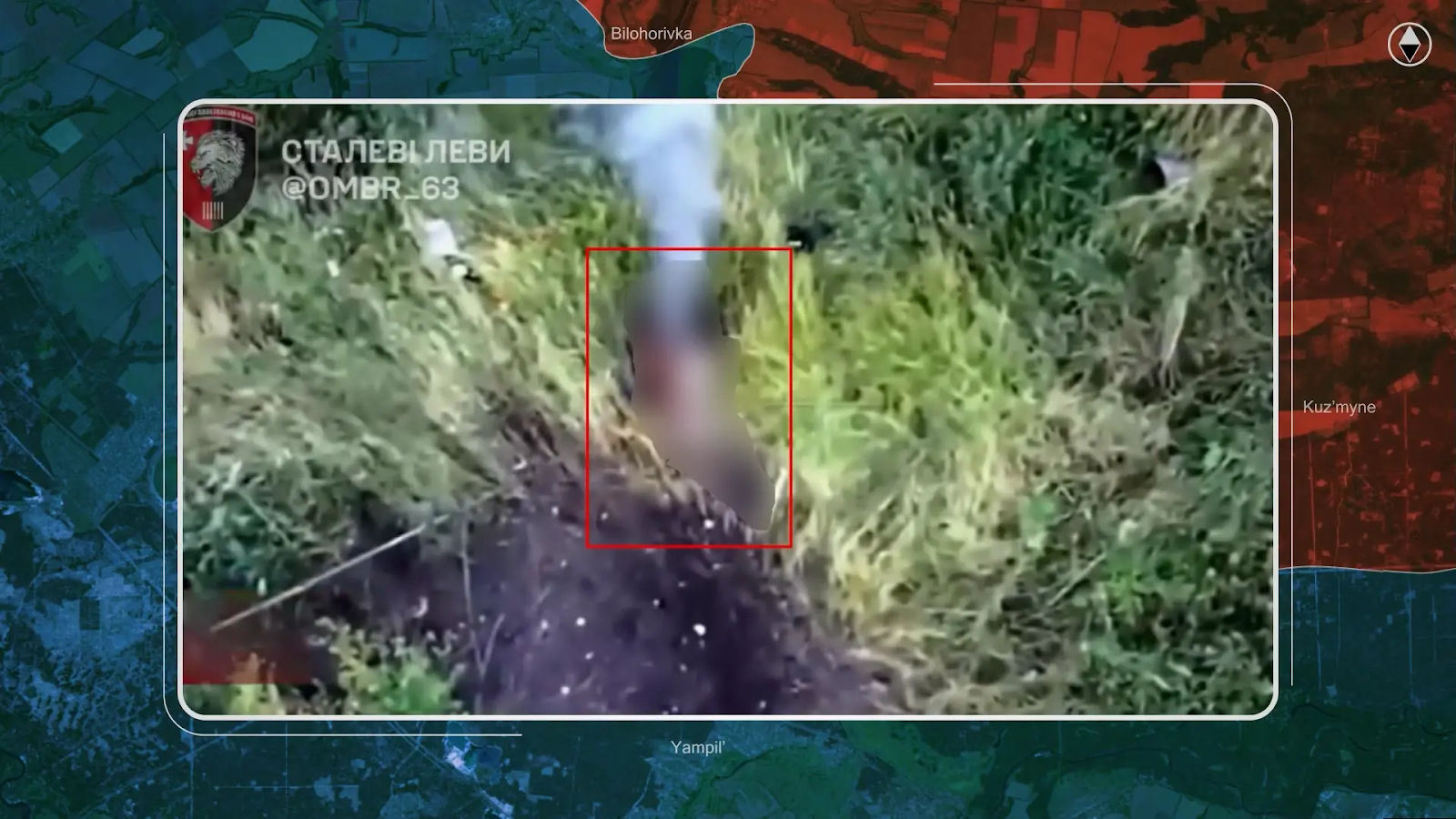
Overall, such distressing examples highlight a deeply troubling trend driven by Russian desperation and logistical failure. The inability to adequately supply their forward-deployed troops has created the absurd situation of soldiers advancing while strapped with anti-tank mines, transforming themselves into explosive targets.
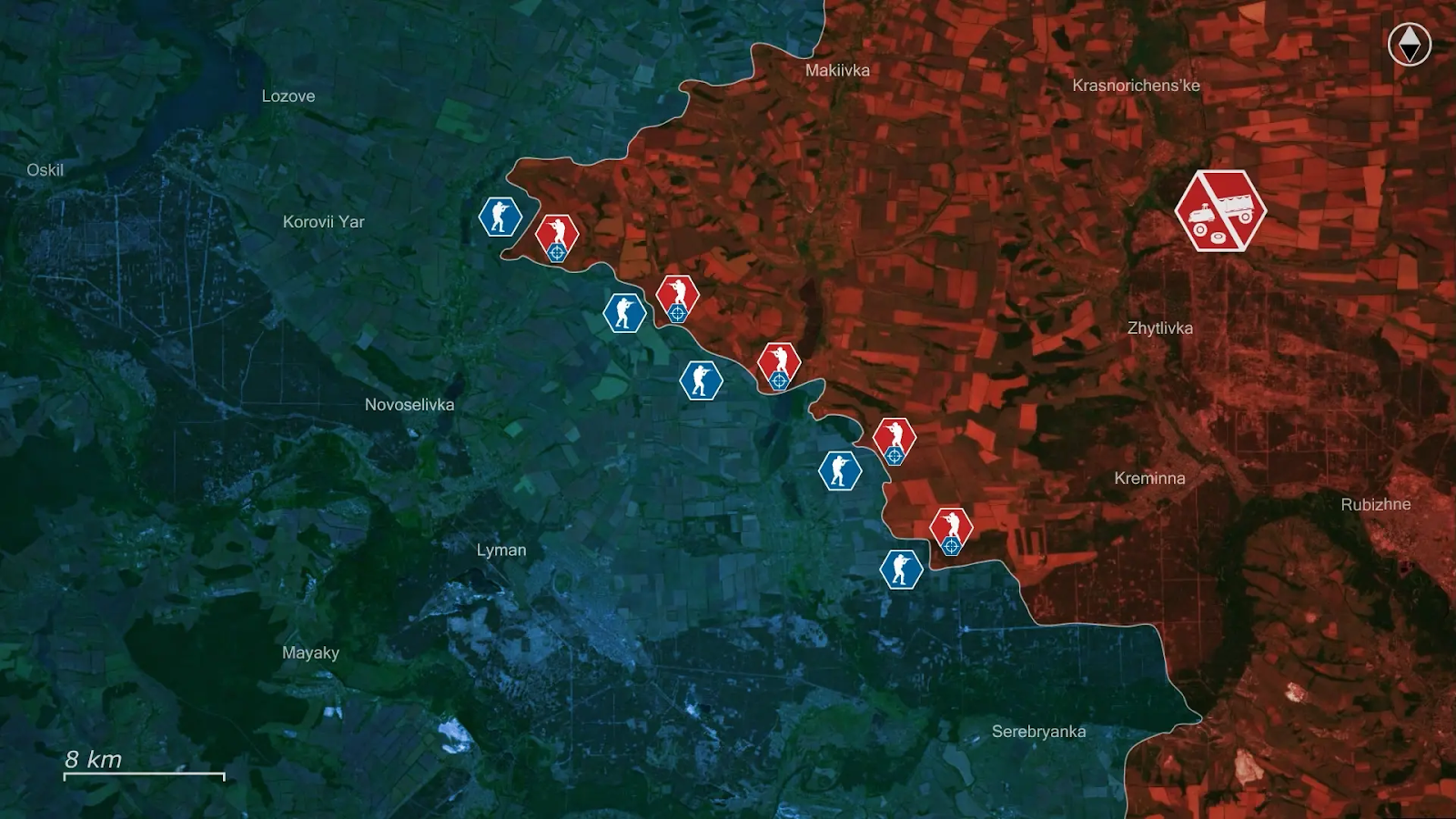
Such grotesque improvisations underline how disconnected Russian commanders have become from battlefield realities, willing to grasp at even the most dangerous and ill-advised tactics simply to achieve some negligible progress. More than half of the summer offensive season is already gone with virtually no progress achieved near Lyman, and none at all at Torske specifically. Now, Russian forces have resorted to self-defeating and absurd methods out of sheer frustration and desperation, vividly demonstrating the catastrophic failure of their offensive ambitions.
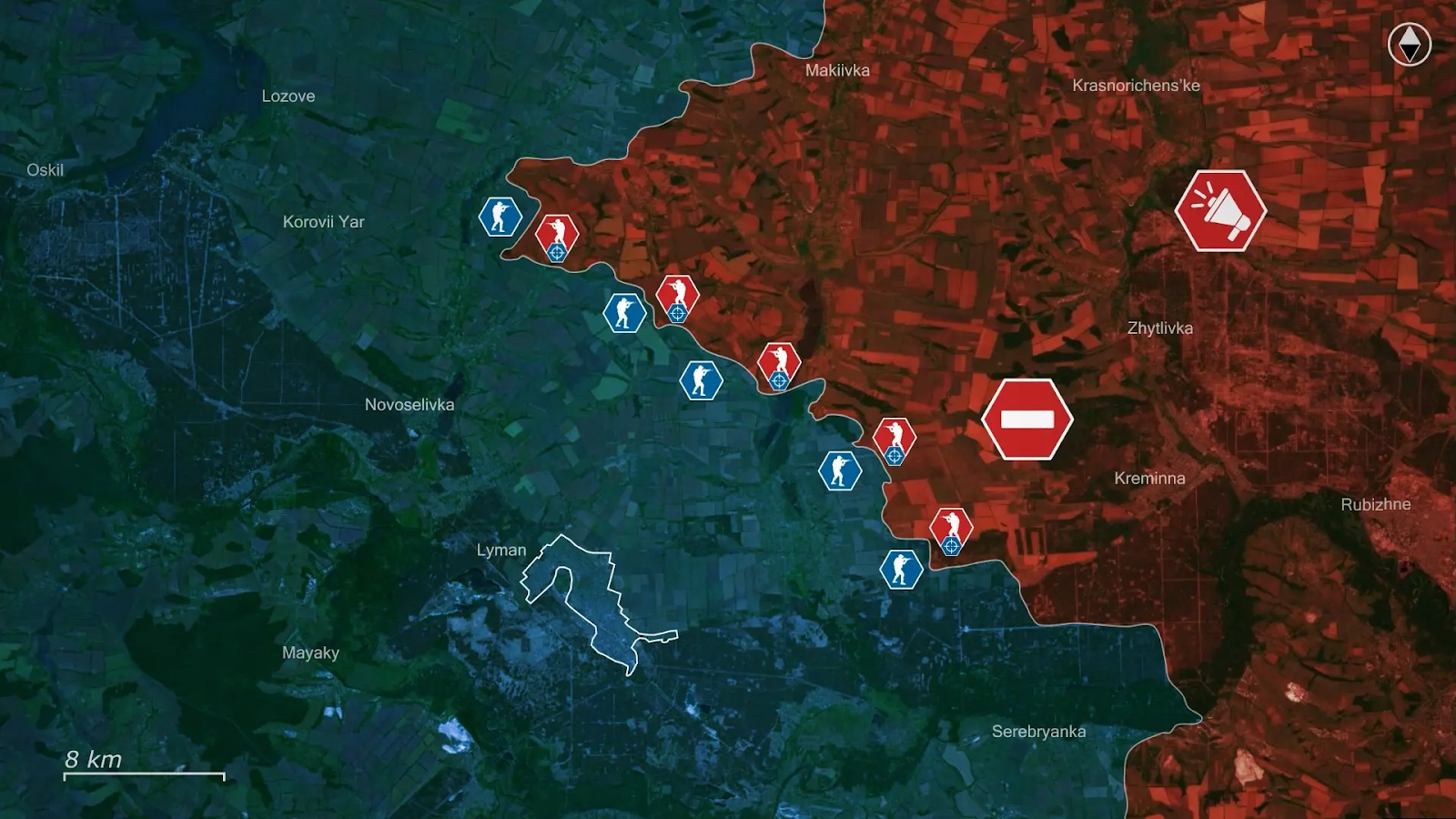

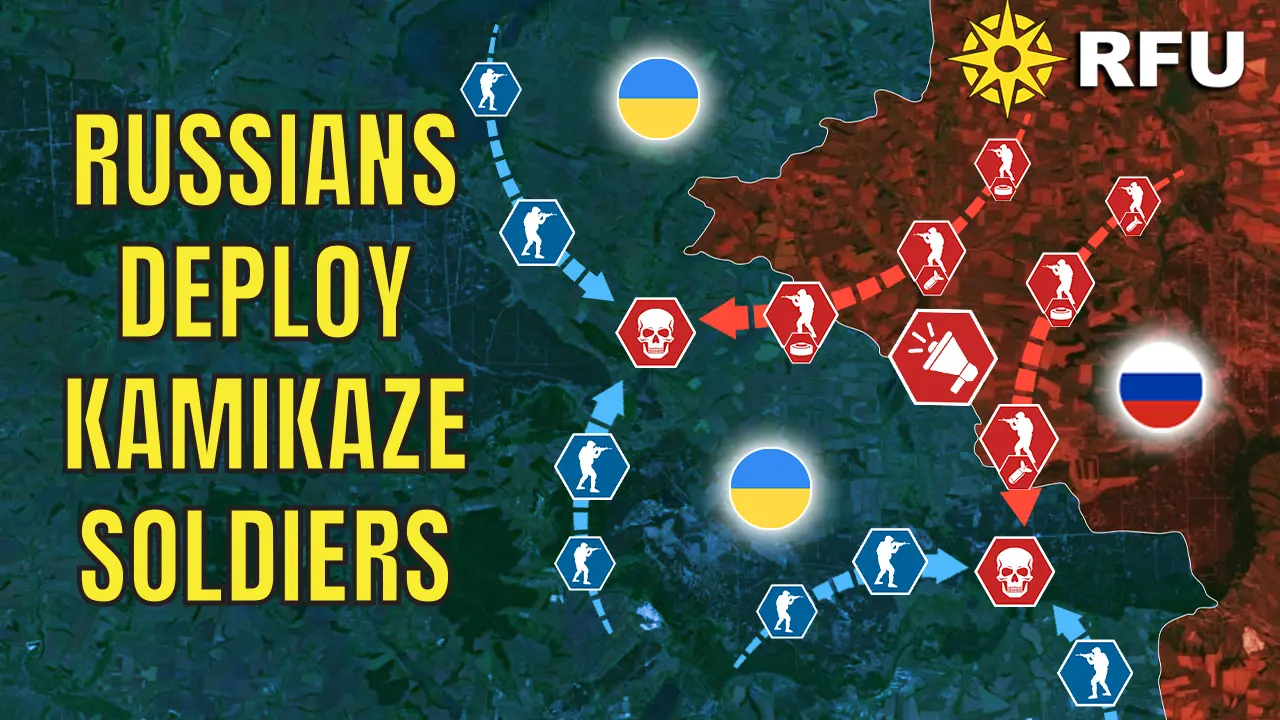
.jpg)

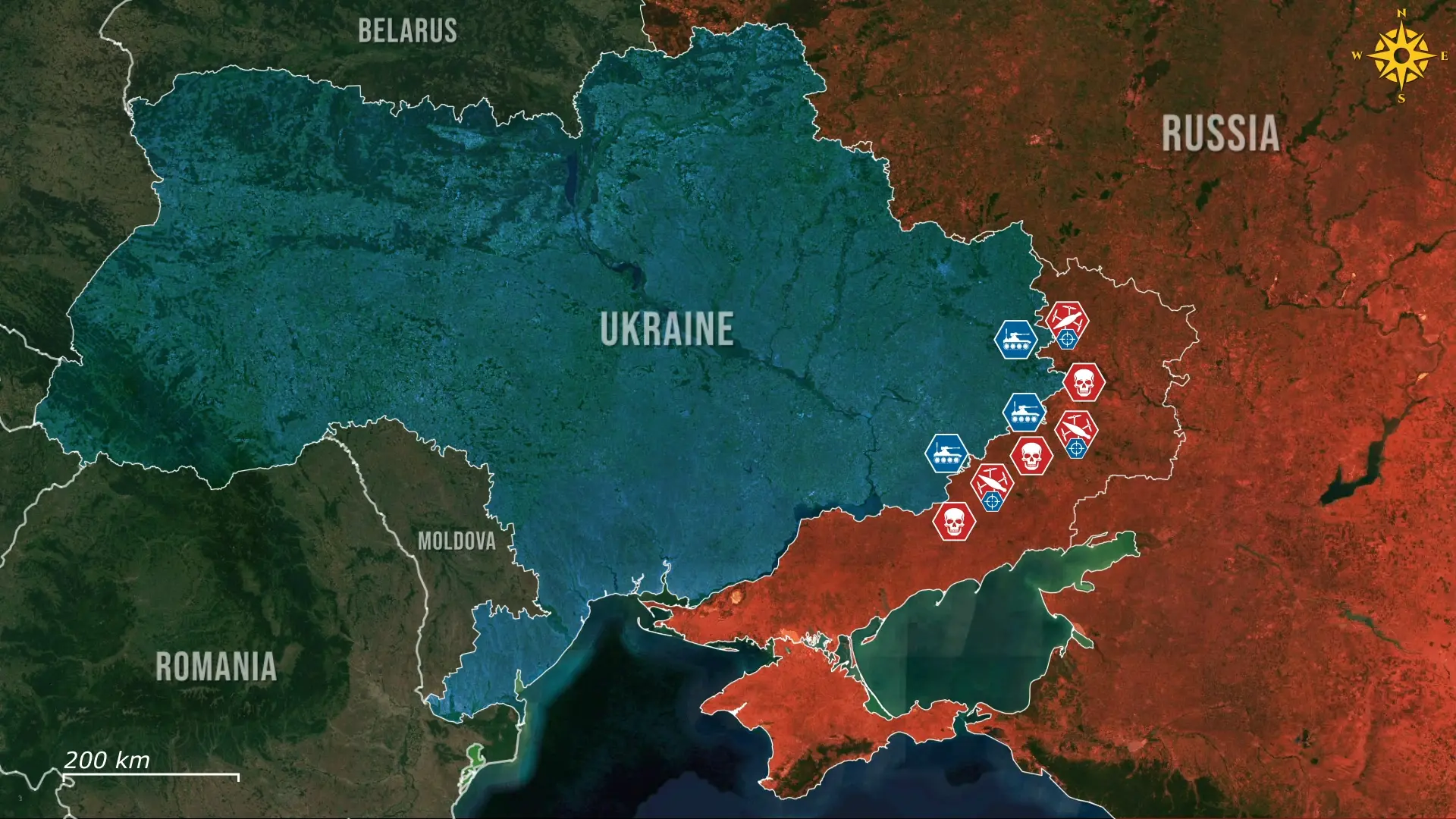
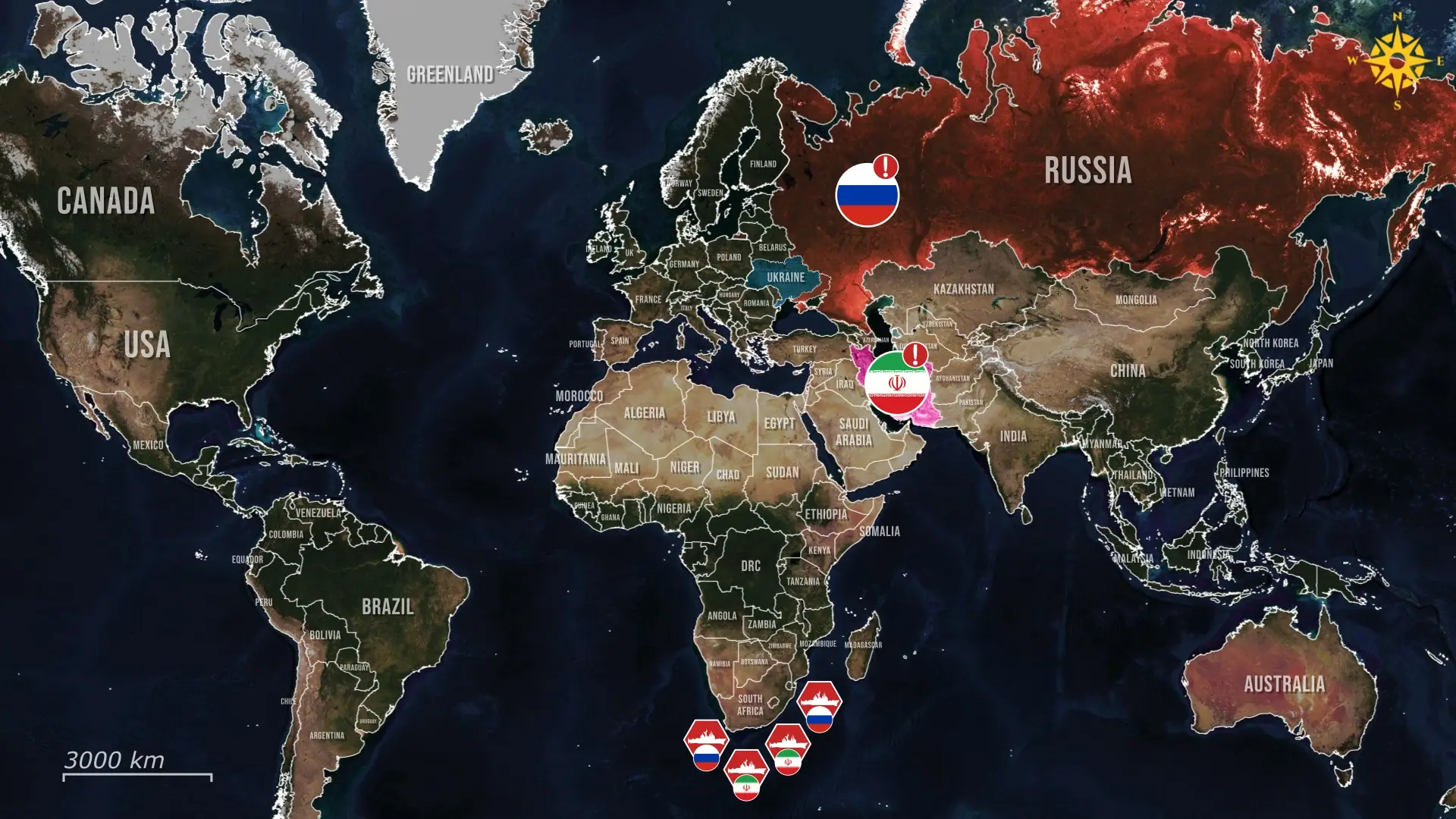
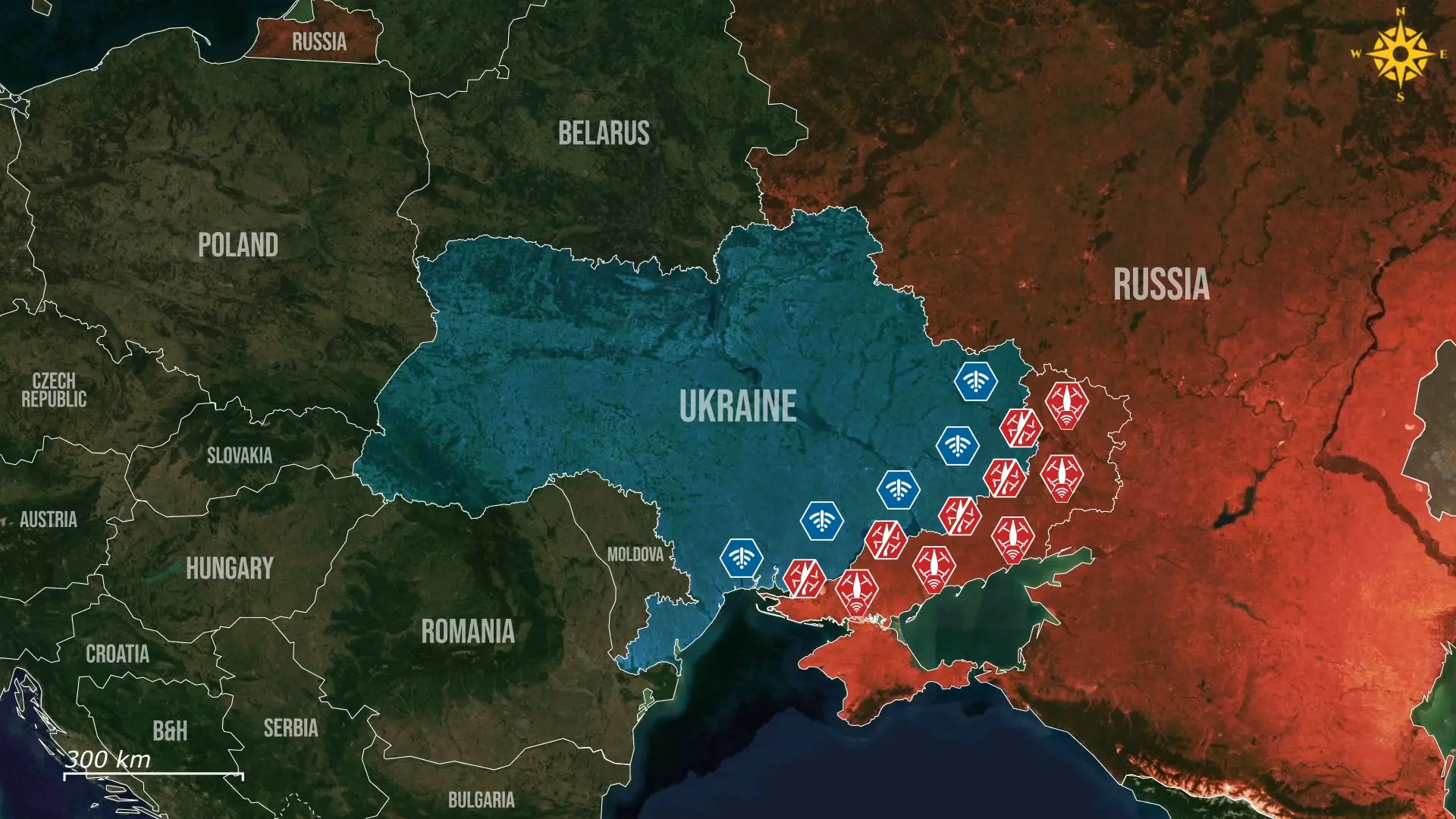
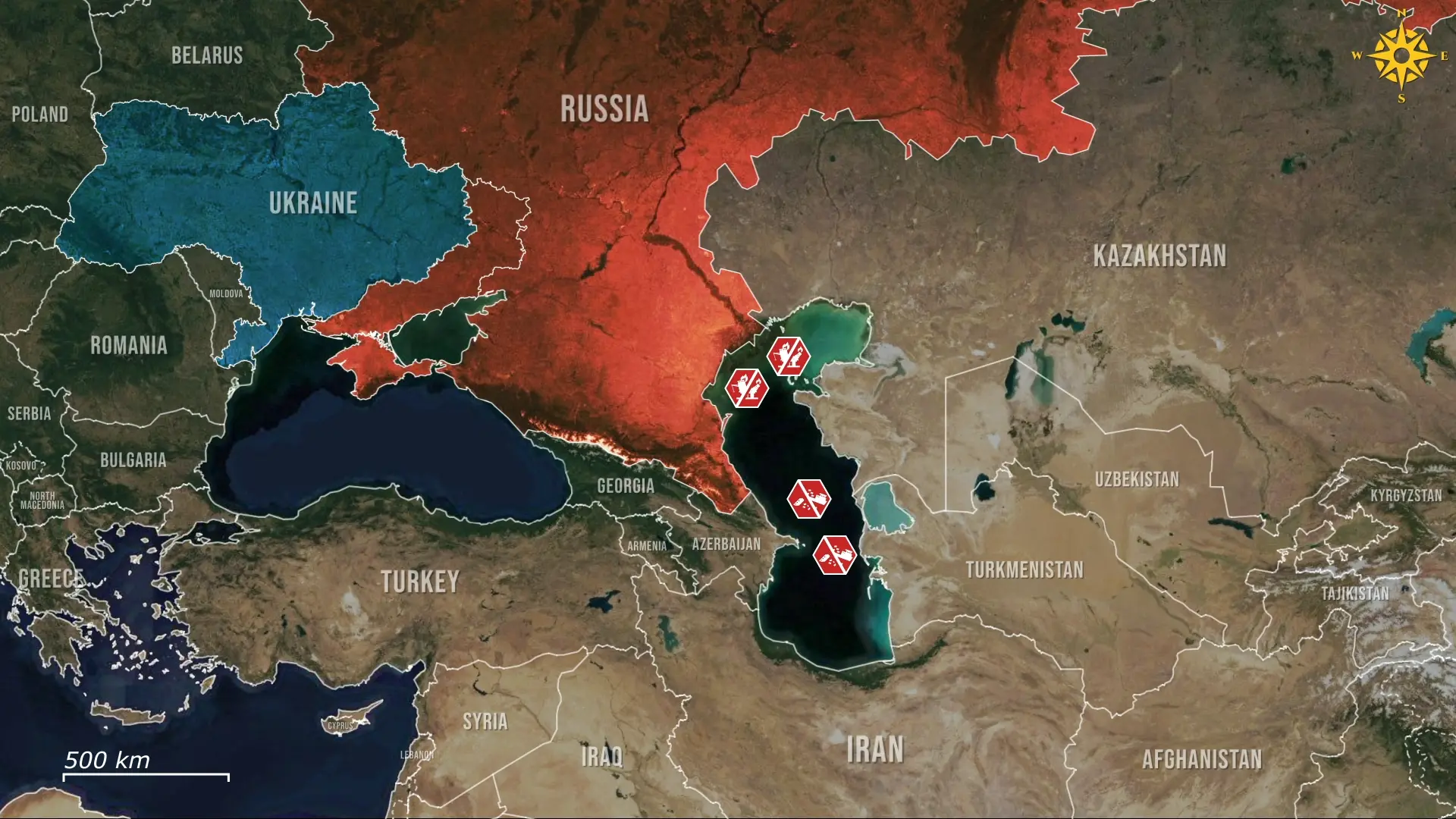
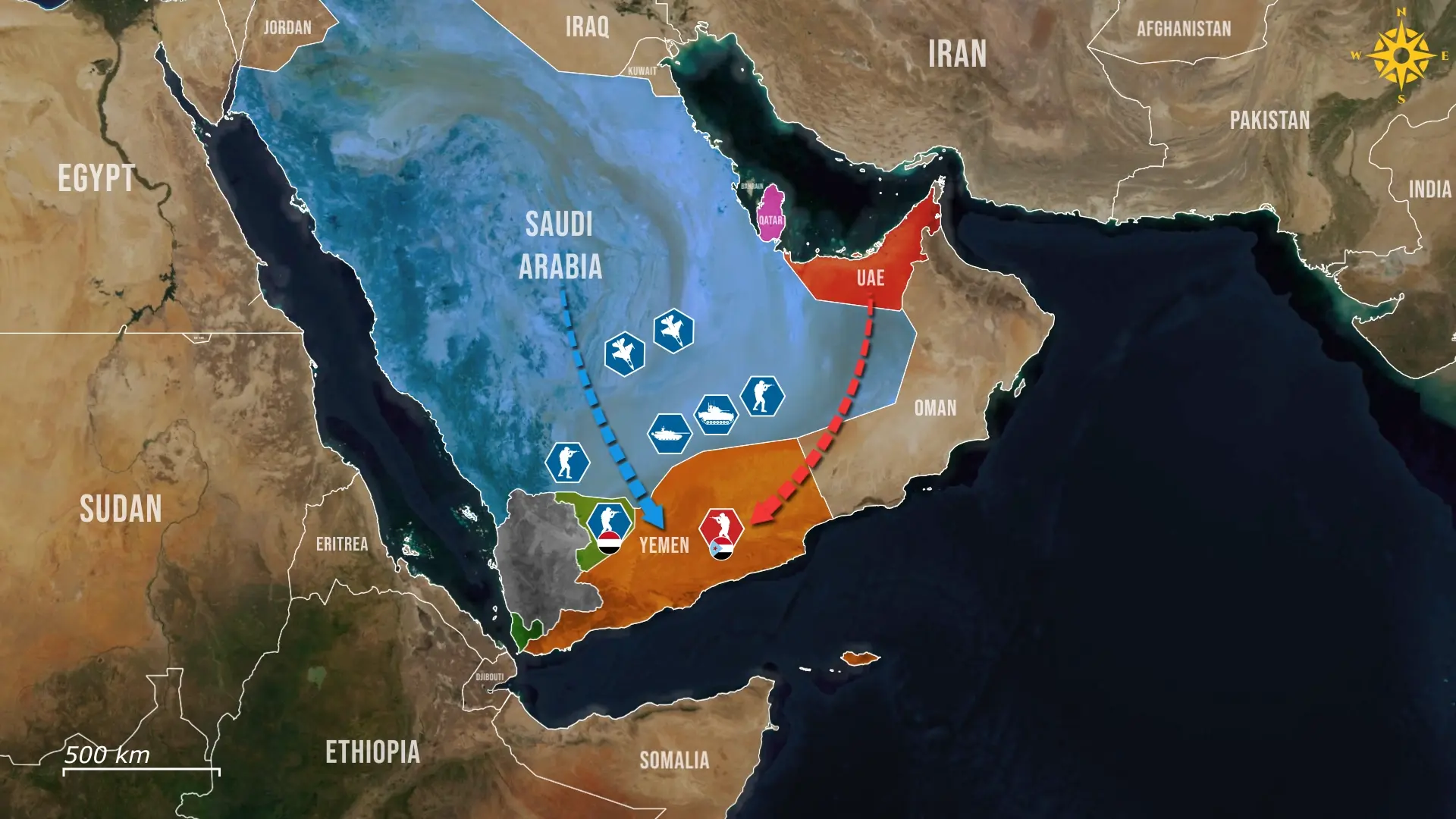
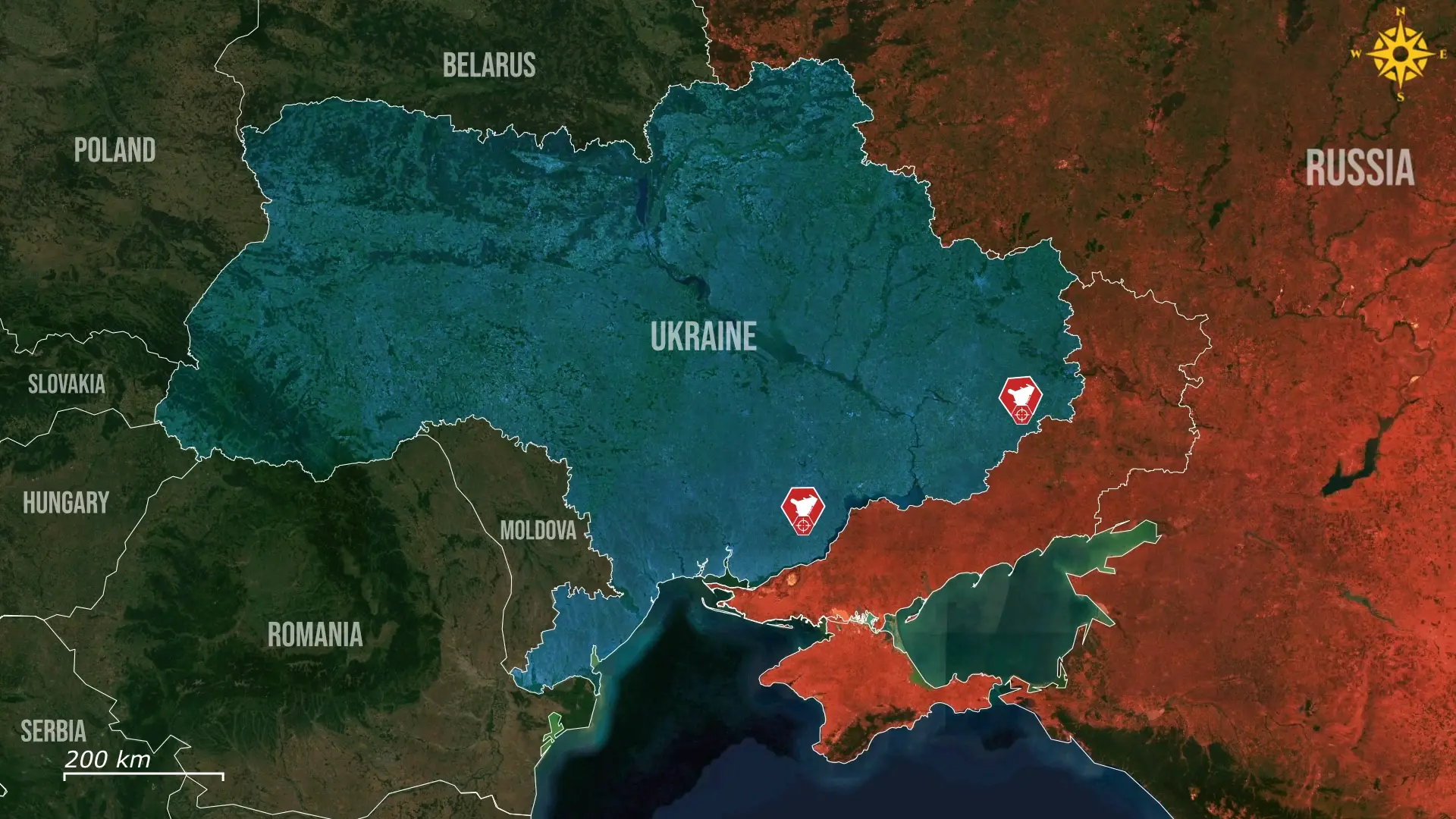
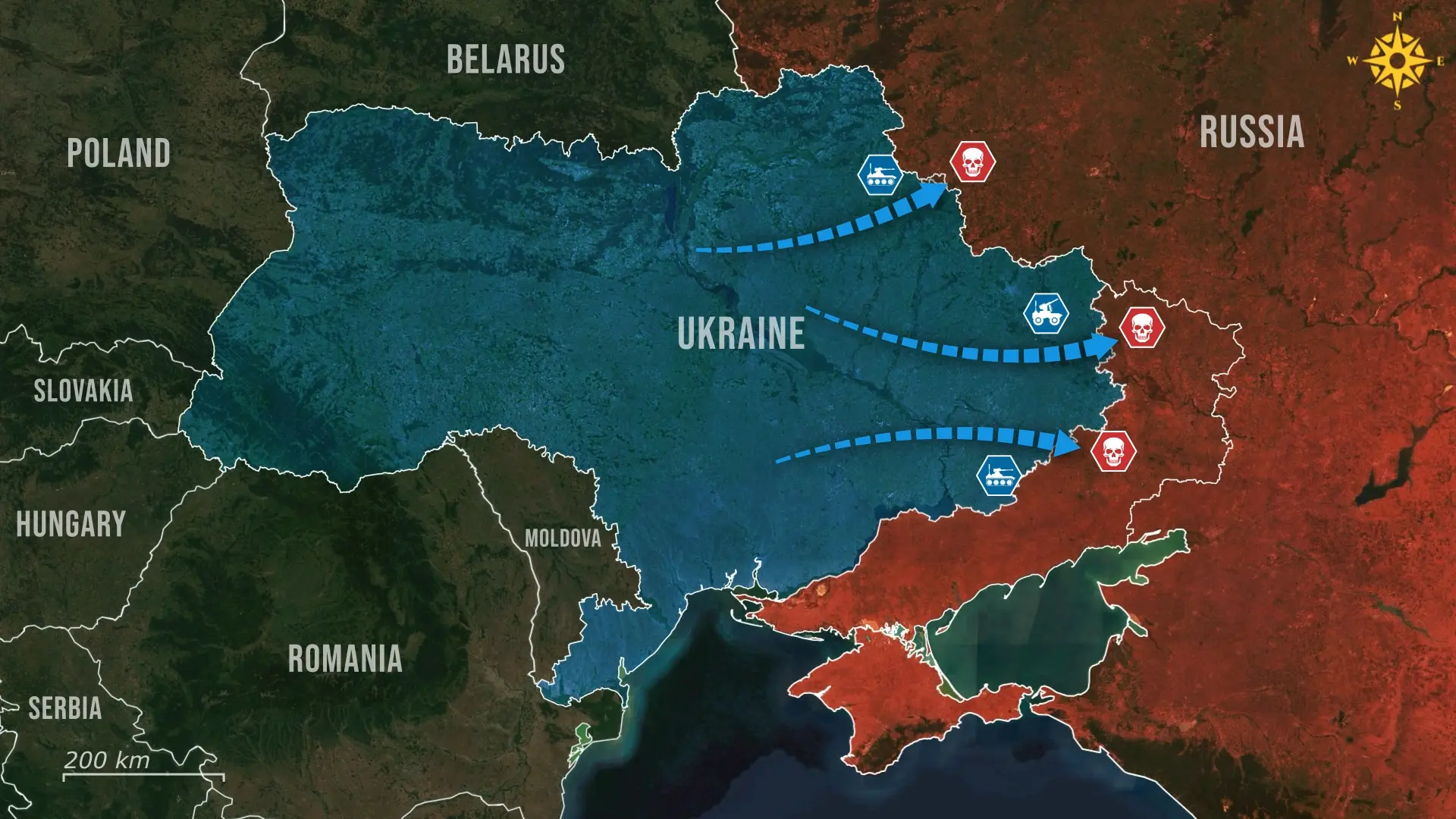
Comments